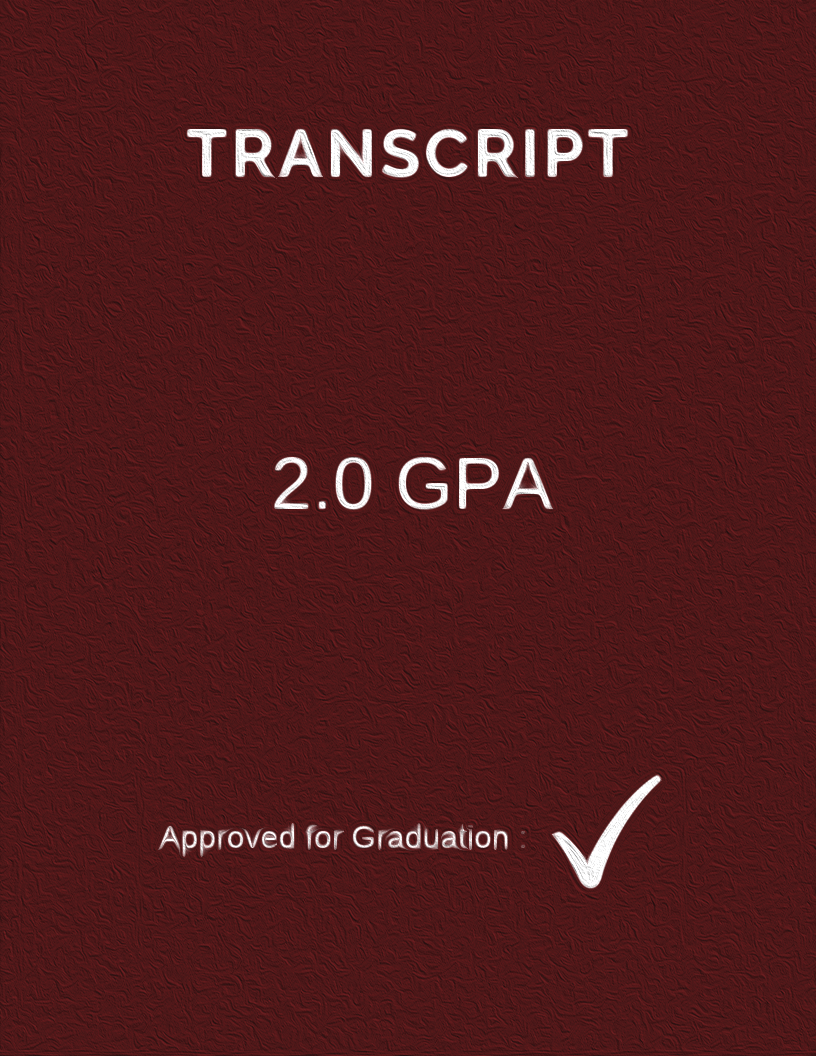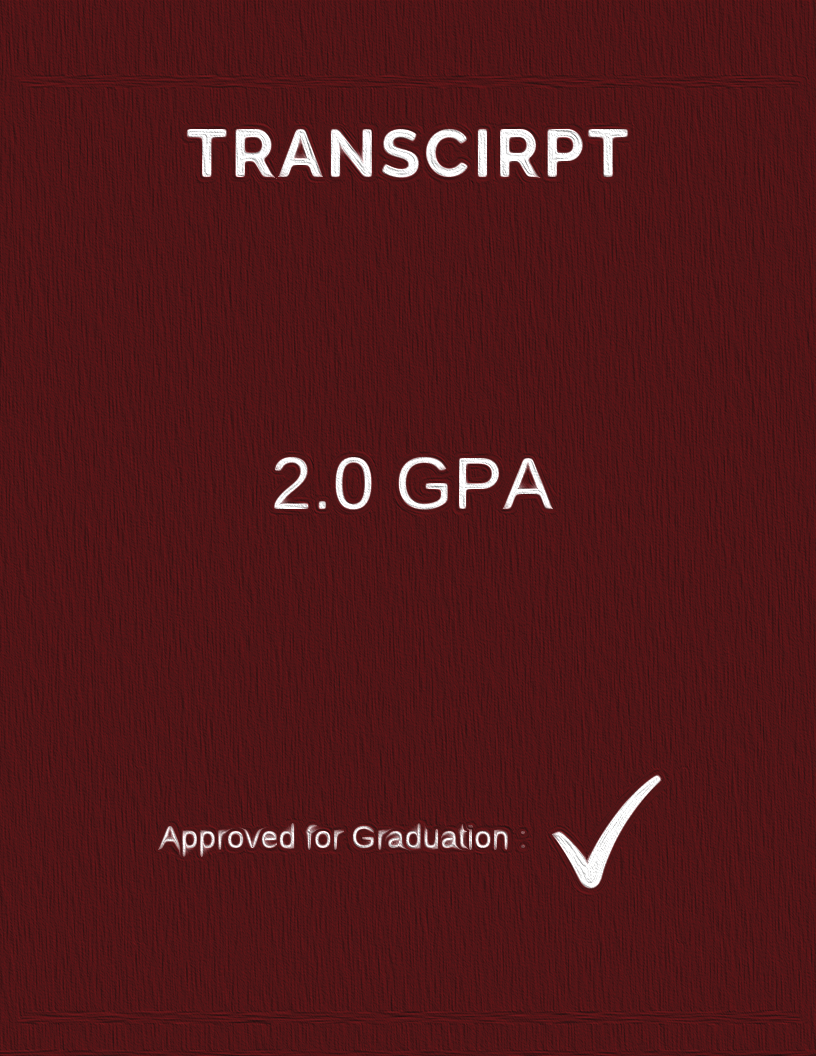“C’s get degrees” is an infamous sentiment that every college student has heard at some point, and it’s right. C’s do in fact get degrees. Students with 2.0 GPAs walk the stage and participate in commencement in the exact same way that students with 4.0 GPAs do. Graduating from college is something both A and C students will have in common at the end of the day.
In no way does this mean students should settle for doing the bare minimum, but they shouldn’t be so hard on themselves if they’re struggling to make those A’s. Students shouldn’t sacrifice their mental health and social life for the sake of a 4.0 GPA.
For some students getting a 4.0 GPA, or at least a GPA close to that, is the most important goal during their collegiate career. They study and work hard daily to maintain their A-grade status and to graduate summa cum laude, magna cum laude or cum laude.
While a 4.0 is an outstanding accomplishment to boast, it can end up harming students and is simply an unrealistic expectation for some. When the only focus of a student is trying to get a 4.0, they can miss out on creating, exploring and cultivating support systems, friend groups, student organizations and networking opportunities.
A 4.0 is not an indicator of success in college, either. An A does not gage intelligence. While GPAs do gage a student’s ability to handle pressure or learn quickly, a study found that academic grades don’t assess other important hiring factors such as creativity, leadership and teamwork.
In fact, there is no correlation between academic excellence and career excellence. Students who graduate at the top of their class usually have successful careers, but rarely do they reach the top ranks of a company, researcher Karen Arnold found. This is because academic success usually means that a student has learned to comply with rules and fall into conformity rather than challenge the status quo and think outside the box.
Students also face a variety of mental health issues that can affect their grades. Adding the stress of trying to obtain or maintain a perfect GPA can lead to or worsen mental illness.
The National Alliance on Mental Illness found that 75 percent of lifetime cases of mental health conditions begin by age 24 and one in four adults between the ages of 18 and 24 have a diagnosable mental illness.
The American College Health Association also found that 31 percent of college students have felt so depressed in the past year that it became difficult to function and 50 percent have felt overwhelming anxiety, making it difficult to achieve academic success.
In no way should students settle for a C, but they also shouldn’t feel so bad if that ends up being the best they can do. Some students can successfully juggle a social life and decent mental health while making a 4.0, but some just don’t have the capability for it. This does not mean they’re any less intelligent than or unqualified as other students.
Still, students should not slack off. The goal shouldn’t be to do the bare minimum. In higher education, everyone wants to pass, obtain a degree and ultimately have a well-rounded knowledge of whatever their field of study might be; but there must be a balance between academia and social life for students. The goal of students should not be a perfect GPA, but rather gaining a well-rounded college experience where they do the best that they can.
A degree is a degree is a degree and crossing college’s finish line is admirable either way. Students should not stress about an A but rather enjoy their time in college and learn other important skills that will be more beneficial to them in the grand scheme of things.
– Carissa Liz Castillo is an English senior
Categories:
4.0 GPAs do not ensure career success
February 27, 2019
0
Donate to The University Star
Your donation will support the student journalists of Texas State University. Your contribution will allow us to purchase equipment and cover our annual website hosting costs.
More to Discover







